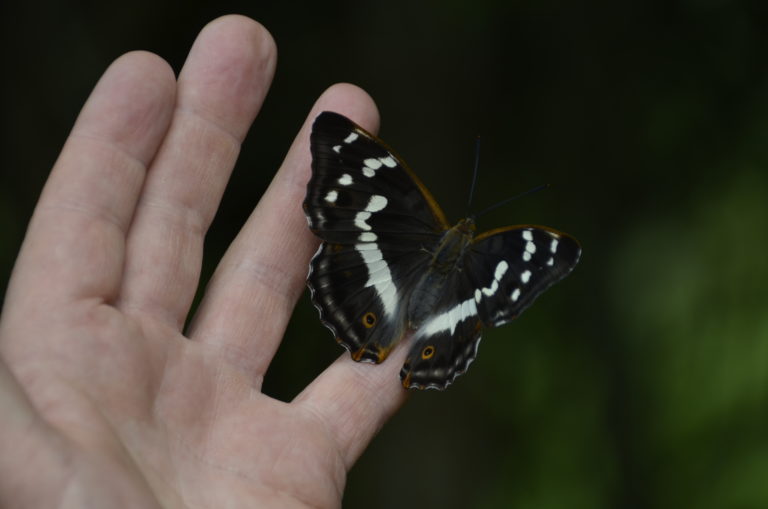

Nonetheless, planet-wide issues motivate a lot of people and institutions to search for new answers these days. What else could anyone expect? Agricultural habits, practices, and institutional systems lean in a very different direction from those pioneered at the Knepp project. She spares few details, and if the book has a drawback, it is sometimes overly detailed.Īt times, too, Tree dwells too long on the predictable setbacks encountered with various government agencies. Ancient history, natural history, anthropology, local public relations, national and international politics, British conservation policies, and, above all, applied ecological science all make the discussion.

Tree's grasp of the scientific, social, and historic details is impressive. "Wilding" covers the issues in almost heroic detail.

It is not a how-to guide, but rather the story of an evolving project that has run a gauntlet of challenges and survived. The book meticulously describes their experiences: Wins, losses, works in progress, and more. The couple appear to be driven not by sentimentality for some supposed past, nor by the promise of financial windfall, but by curiosity and a desire to leave behind a living example of the possibilities. The story is autobiographical, written by Isabella Tree about the endeavor she undertook with husband Charles Burrell at his family's West Sussex estate, Knepp. There are tangible, tantalizing successes. Turtledoves and nightingales, both endangered in Britain, make more than a cameo appearance. Wetlands are restored soil improves carbon is captured.

Wild horse breeds, traditional cattle breeds, and pigs are set upon the land in a way that recreate habitat for native plants, animals, fish, and birds. Over almost two decades, they look backwards to historical practices of farming, hunting, fishing, and animal husbandry to help them resurrect and adapt restorative land practices for the future. A British couple take their land out of conventional agriculture and, partly through necessity, change course towards the little-known and little-understood practice of "rewilding" their land.


 0 kommentar(er)
0 kommentar(er)
